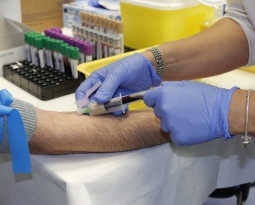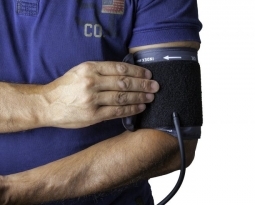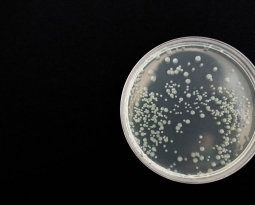PAI Life Sciences Begins Phase 1 Trial for Snail Fever Vaccine
PAI Life Sciences, a Seattle biotech startup, has started a phase 1 trial for their schistosomiasis vaccine. The trial has an expected end date of April 2024. This tropical disease, also called snail fever, is caused by parasitic flatworms that enter human skin when in contact with contaminated water. This infection, if untreated long term, can cause damage to livers and kidneys, infertility, and bladder cancer.
The phase 1 trial will evaluate both safety and immune response in healthy volunteers at Kaiser Permanente Washington Health Research Institute. The study will be conducted as an open-label, dose-escalation trial with a sample size of 45 healthy adults between 18 and 55 years of age. Five treatment groups, each including nine subjects, will receive three intramuscular injections at different doses. One group will receive the vaccine without an adjuvant (which acts to increase immune responses) and four will receive the vaccine with an adjuvant.
Currently, there are drug therapy approaches for treatment of the infection but dependence on these treatment options alone is inadequate. This treatment option has minimal impact on the reduction of disease transmission and, as such, infection rates continue to be high. Beyond this, there is an ever-present risk of the development of drug resistance by the parasite.
If proven effective and safe through clinical trials, this vaccine would build up the arsenal against the disease and contribute to the reduction in infection rates. At present, the vaccine has shown to ameliorate disease, kill adult worms, and reduce fecundity in preclinical animal models. The company is hoping to prove this again in full clinical studies.
The condition “is second only to malaria among parasitic diseases with the greatest devastating economic impact,” said PAI’s vice president Sean Gray.
PAI Life Sciences have focused their expertise on antigens for diagnostics and vaccines. They provide developmental and translational research necessary to bring products from the laboratory to the bedside.
Are you developing new technology for an existing application? Did you know your development work could be eligible for the R&D Tax Credit and you can receive up to 14% back on your expenses? Even if your development isn’t successful your work may still qualify for R&D credits (i.e. you don’t need to have a patent to qualify). To find out more, please contact a Swanson Reed R&D Specialist today or check out our free online eligibility test.
Who We Are:
Swanson Reed is one of the U.S.’ largest Specialist R&D tax advisory firms. We manage all facets of the R&D tax credit program, from claim preparation and audit compliance to claim disputes.
Swanson Reed regularly hosts free webinars and provides free IRS CE and CPE credits for CPAs. For more information please visit us at www.swansonreed.com/webinars or contact your usual Swanson Reed representative.

















